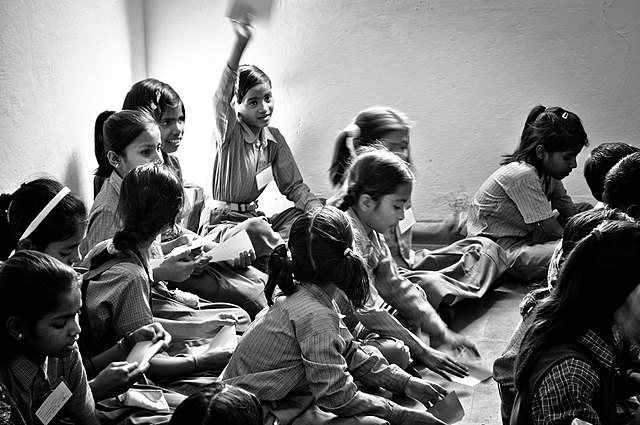
Legality and aims of NGOs in India
India has approximately 2.25 million NGOs registered as of present. These NGOs are involved in many different activities and they operate differently.
NGOs are present in all walks of life. This includes women, youth, children, unorganized workers, the homeless, squatters and landless laborers. NGOs are considered the to be important for a civil society.
Laws that allow the regulation of the functioning of NGOs create a strong support for democracy in India. This is also concerned with legally respecting our rights to freedom of speech and association.
The trend in the mission of NGOs
There has been a visible shift from reforms and aid that were reactive to being proactive instead. In other words, the focus has shifted from solving the problem to making sure it doesn’t happen at all. Sustainable development is the new goal of today’s NGOs. The term “sustainable development” means development that statisfies the needs of the present without compromising the ability of future generations to meet their own needs.
The NGOs reiterate the need to allocate and use more resources for the social sectors. Higher spending in the social sectors must be accompanied by determined efforts to ensure the quality of public spending.
Categories of NGOs in India
There are different types of organizations in India that identify as NGOs. Other names for non-governmental organizations are community organizations, voluntary organizations, non-profit organizations etc. The word NGO refers to an agency that provides a non-profit service to society.
India has 5 types of organizations that fall under this definition:
- Societies that are registered under the Societies Registration Act 1860. Some states in India have their own laws concerning societies, or the same act has differences in implementation.
- Private trust under the Indian Trust Act 1882. NGOs established and registered under this central law do not enjoy any tax benefit or benefit.
- Trust established under by a trust deed and registered under the Income Tax Act 1961.
- Nonprofits promote cultural and charitable purposes, but exempt them from implementing certain burdensome requirements that are essential to the regulation of legal entities but with which nonprofits find it difficult to comply, and that are the strengths of the Companies Act, 2013.
- Limited liability company incorporated under section 8 of the Companies Act 2013.
Constitution of India and NGOs
The basis of Indian NGOs is the Constitution of India. The constitution inherently protects all human rights. NGOs align their objectives with the rights and obligations enshrined in the constitution. This includes fundamental rights such as equality before the law, the right not to be discriminated against on the basis of religion, race, caste, sex or place of birth and so on.
Among other rights are right to equal opportunities in public employment, freedom of speech and expression, the right to assemble peacefully without weapons, to form associations or trade unions, to move freely through India, to reside and settle in any part of India, protection against deprivation of life and personal liberty, freedom of conscience and occupation, and the practice and spread of religion.
In addition, core obligations include the duty to defend the constitution and its ideals and institutions, respecting the national flag and anthem, preserve our culture, protect the national environment, including forests, lakes, rivers and wildlife, and compassion for living beings and strive for excellence in all areas of individual and collective activity.
Conclusion
As you can see, NGOs in India have a wide gambit and are registered under various laws. The type of work NGOs do depends on their core values and how they implement them. The classification of NGOs in India depends largely on how they want to operate and where they are registered.